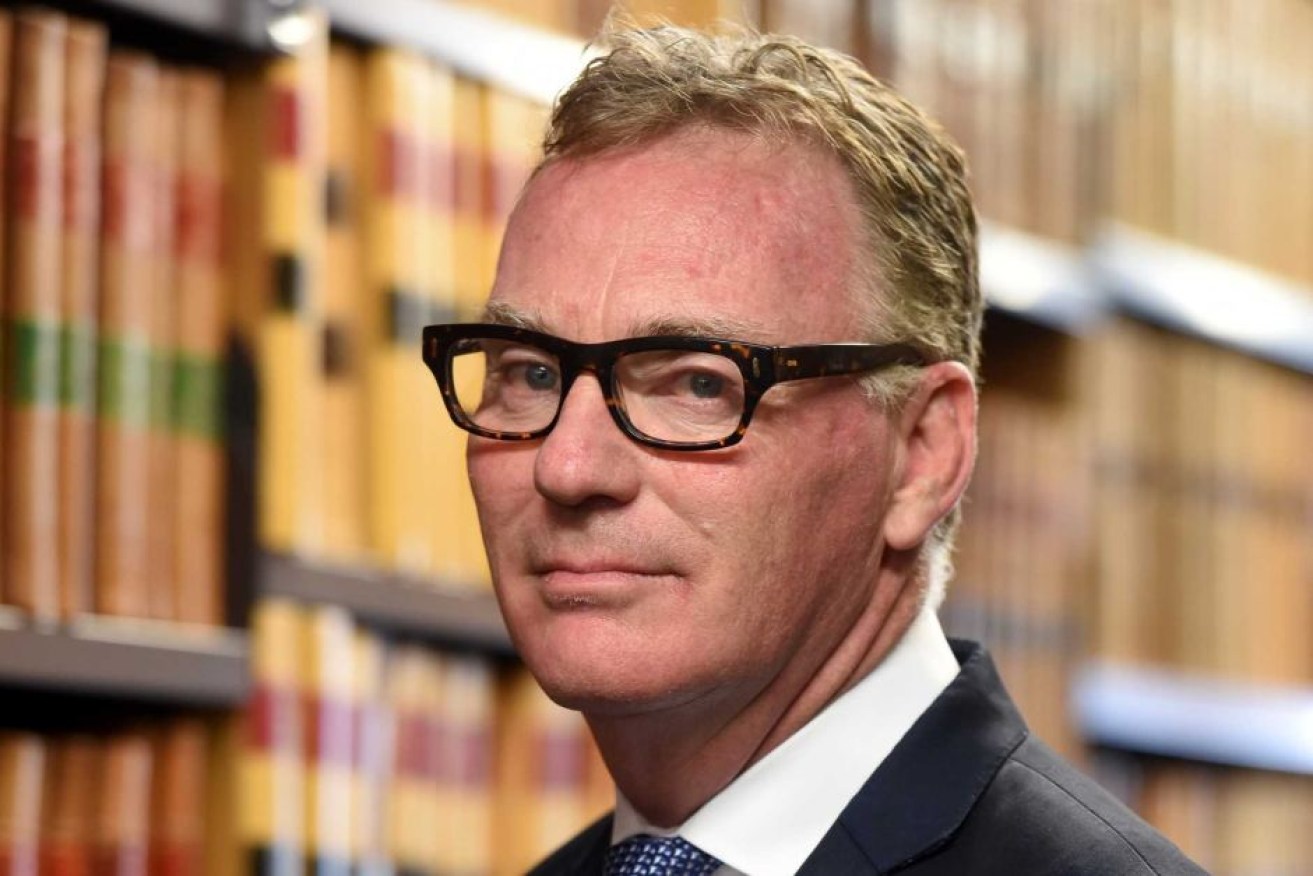New Family Court Chief describes merger as enormous challenge and calls on legal community to get on board

The new Chief Justice of the Family Court of Australia, William Alstergren. Photo: Family Court of Australia
The man tasked with steering the most significant reform of the family law system in 40 years has described the task as an enormous challenge, at his swearing in ceremony in Melbourne.
William Alstergren has taken over as Chief Justice of the Family Court of Australia, as it prepares to merge with the Federal Circuit Court in the new year.
The federal government announced the change earlier this year.
Attorney-General Christian Porter argued it was the best way to cut the crippling financial costs and serious delays experienced by people turning to the family law system to settle disputes.

The Family Court of Australia in Sydney. Photo: AAP
Before an audience that included Mr Porter, Chief Justice of the High Court Susan Kiefel, and senior judges from around the country, Chief Justice Alstergren described his appointment as a “great honour”.
“We have an opportunity to unbridle ourselves of the burden of cynicism and negativity that is so often experienced by those seeking change in family law,” Chief Justice Alstergren said.
“This is, of course, an enormous challenge. We expect the support of the profession, the government and the opposition.”
Chief Justice Alstergren was the chief judge of the Federal Circuit Court, which he will soon also oversee in the merged-courts model.
“The hallmark of excellence in court administration is that people who come before our courts have trust and confident in our practices, can understand what we do and why we do it,” he said.
“We have not yet achieved that excellence as there are two courts exercising an almost-concurrent family law jurisdiction, operating with distinct case-management approaches and rules.
“This has led to significant complexity, inefficiencies, duplication, increased costs and most importantly, unacceptable delay. This has had a significant and direct effect upon the lives of many Australians, their families, and especially their children.”
The criticism levelled at the proposed merger has come from all fronts, with the legal community and former judges warning the reforms have been driven by spreadsheets rather than an understanding of the complexities of family disputes.
“Suffice to say that good policy would never be made on the basis of quantitative data alone, even if it was entirely reliable,” former chief justice Diana Bryant said in a speech to the New South Wales Society of Labor Lawyers a week ago.
Legislation to merge the two courts is being scrutinised by a Senate committee, after the Lower House passed the bill.
“The government has put restructure of the courts firmly in the spotlight, but it is unfortunate that because it is now in the form of legislation, without the opportunity for wide consultation, opposition to it can be labelled a political response,” Justice Bryant said.
“It should not have been so.”
Former attorney-general Robert McClelland was sworn in as Deputy Chief Justice, after being appointed to the Family Court bench in 2015.
–ABC








